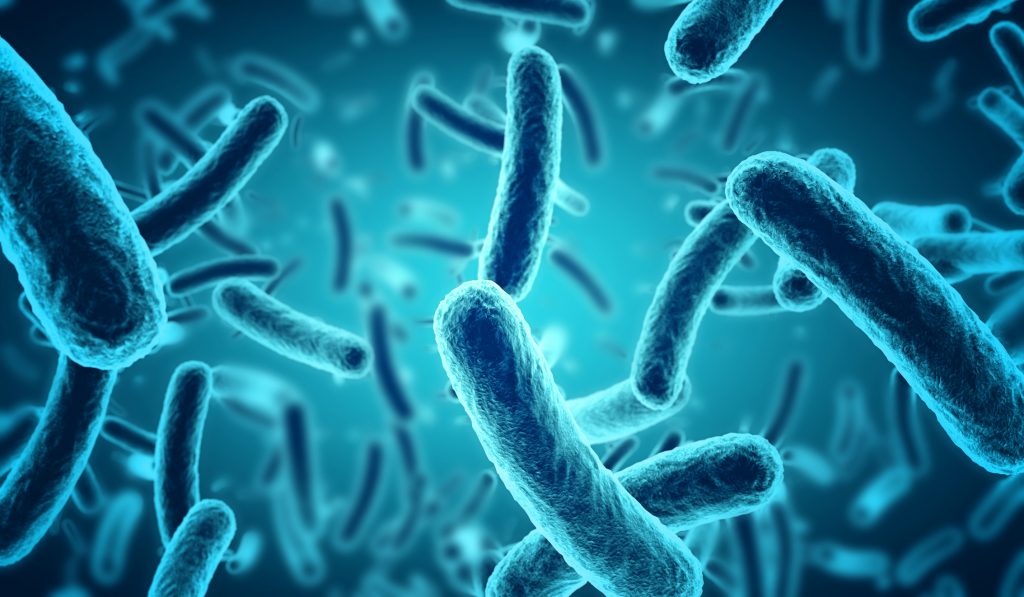
SINECELL
Following the stress, the body then reacts by producing greater quantities of cortisol, the hormone stimulated by stress. High quantities reduce lipolysis and therefore lead to the accumulation of fat and cause fluid retention. Cortisol is often called the “stress hormone”because more is released in conditions of severe physical-mental stress, for example after extremely long and intense physical exercise or surgical operations.
The action of this hormone impairs non-indispensable body functions in the short term, guaranteeing maximum support for vital organs. Cortisol affects carbohydrate, fat and protein metabolism. It increases glycaemia, reduces the immune system, reduces synthesis of collagen and the bone matrix, accelerating osteoporosis, stimulates protein conversion to glucose and glycogen synthesis, it promotes the use of fatty acids, but in some parts of the body it stimulates lipogenesis.












